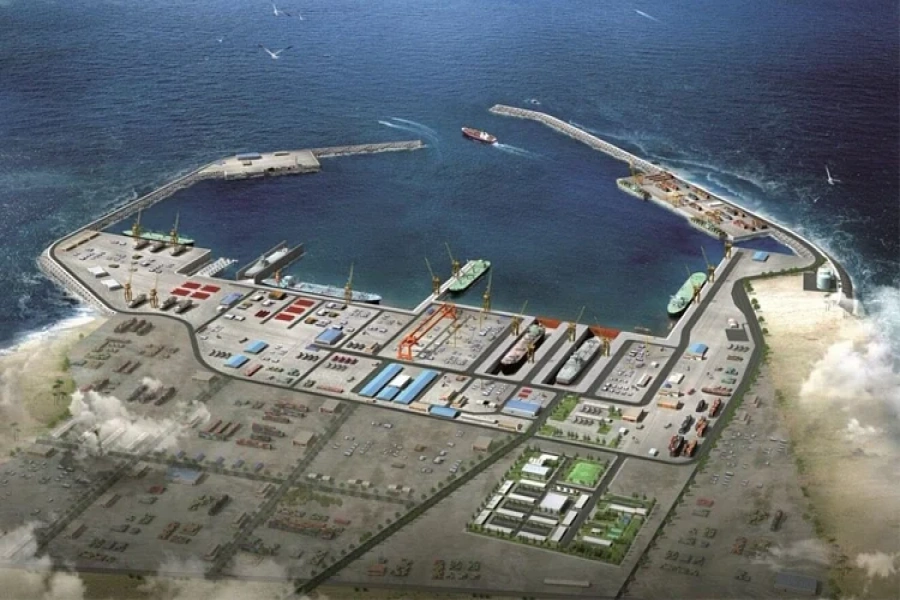The idea behind forming a cartel is pretty straightforward. It allows business to charge a higher price than they could if they competed against each other. To consumers it means less return for their money. In other words, poor quality of services for the money paid.
As expected, corporations like the idea of coming together to fix prices because it means higher profit to them. But it is bad for the public. It is bad economics, and anti-capitalist.
It is to limit cartels that the United States government passed the Sherman Act of 1890 which made it illegal to form a cartel.

GOLEGAL.CO.ZA
But as companies always try to do, they found a way to game the system. They realized that instead of forming a cartel, they could just merge and fix prices. And when faced with competition, they could temporarily reduce their price to drive out competitors.
As the protector of the public’s interest (imperfect, but still the best), the government passed another act—the Clayton Act, in 1914. This act limited using corporate muscle to one’s advantages, and encouraged competition. For example, it prohibited exclusive sales contracts and price cutting to kick out competitors. It also prohibited a director from serving on the directorship of two corporations that are competitors.
What was happening prior to the Sherman Act was crony capitalism, and what happed after is proper capitalism. Economists dislike crony capitalism because it stifles competition, and misallocates resources.
At the heart of capitalist philosophy is the idea that businesses compete against each other. The idea is that when they compete, they innovate ways to provide higher quality products at lower cost. Policy makers know that very well. To foster such an environment, therefore, the government makes it easier for new business to enter the market, and protects the new entrant from getting bullied by existing competitors.
In the presence of a competitive environment, the business that provides the higher bang for the buck survives, the rest leave—they get into other businesses that they are good at. When everyone does what they are good at, the society becomes better off. In the language of economics, this is efficient allocation of capital.
The transportation syndicate is an example of a cartel. Bus owners have come together to form an organization that fixes prices and works on behalf of its members. It scares off competitors by threatening to destroy their vehicles and their lives. The syndicate members continue to provide poor services at high prices and make hefty profits.
There is nothing wrong with hefty profits. But there is a problem when new businesses are not allowed to make a profit for themselves, the profit of existing transport providers is reduced, and at the same time, no better service is provided to the public.
It is wrong because the consumers are forced to pay more for something that would cost less. It is wrong because it stifles innovation to provide better service at lower cost.
In the Nepali context, equally interesting is why the government hasn’t done anything to limit the excesses of these cartels. Clearly, busting this mafia will improve the quality of transportation, and reduce the cost of travelling. Since travel costs are a large proportion of the expenses of the poor, it will benefit the poor the most. Yet no politician, including those that champion the interest of the poor, has taken these syndicates to court. Neither has any government come up with new laws to protect the public and new businesses that want to enter the transportation market. Worse still, they do not even oppose these syndicates publicly. Do we not have the legal framework to go after these syndicates? If not, why aren’t we making one?
In contrast, the government has been very vocal and prompt about what it perceives as problems with private school education. It has come up with regulations that try to fix a problem where none seems to exist. In the private education industry at the school level, there used to be few barrier limits. This has led to a wide range of private schools, catering to a wide range of consumers—the very rich, rich, moderately rich, not-so-rich, and poor. Interestingly, the new rules of the government increase the barriers to entry. In other words, it works in favor of existing big schools, but against budding entrepreneurs who could possibly provide better quality education for less. It’s anybody guess as to what limiting competition will do to private education. Just like in the case of transportation syndicates, most likely the consumers that are going to be hurt the most are the not-so-rich and the poor.
Instead of meddling with an industry that has the qualities of a free market, the government should try to meddle with industries that are more concentrated—that is, those industries that are dominated by a few players. The new rules should focus on making it easier for new players to enter and innovate. This will not only provide employment, but also give the public better service for the limited money they have. These are instances where by a stroke of pen, the government can provide better service to the public.
680anand@gmail.com
Trump’s crony capitalism













_20210926115209.jpg)


























